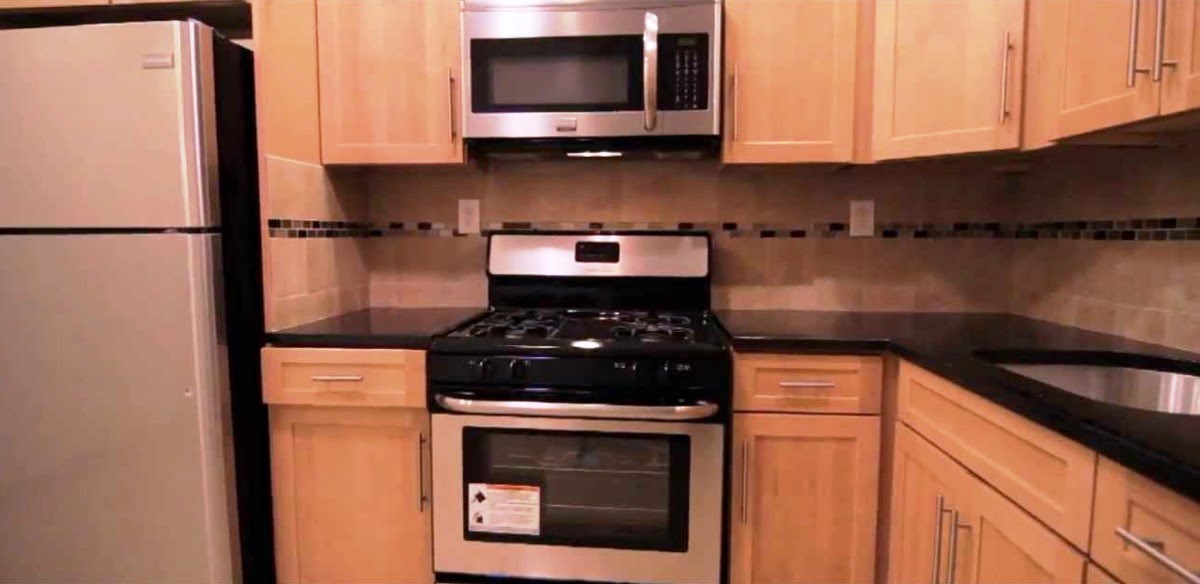Tips for renters in Prague

Finding a new home in a foreign country is stressful enough — and that’s even before negotiating everything before moving into the property you’ve rented. In principle, the rental process in Czechia can come with many challenges and unexpected surprises, but it’s much easier if you come prepared.
Whether you’re just starting your relocation to Czechia or you’ve already found your new apartment there, here are some important tips you should know in advance.
The Rental Agreement
Rental periods can start at any time, so there’s no need to wait for the first of the month to begin the lease.
All contracts must include your name, passport number, and date of birth. It’s very important to ensure the details match your passport exactly. If you’re moving with your family, make sure their details are included too, because when you register your residency with the Foreign Police in Prague, they’ll ask to see a contract listing all household members.
Additionally, be aware of a clause landlords often include that allows the lease to be automatically renewed if the tenant continues to live in the property for three months after the lease ends. If you don’t want automatic renewal, make sure this is clearly written in the contract.
If the agreement includes a clause stating that rent will rise based on inflation, try to negotiate it. This clause is not common in the Czech rental market, but occasionally landlords try to include it.
One last very important detail: make sure proof of ownership of the property is attached to the lease agreement before signing.
Rights and Responsibilities
Rental laws can be complex anywhere in the world. Before signing anything, make sure your lease is fair.
Here are some of the most important things you must know about your rights as a tenant:
Include in the contract whether you have a pet. If you have one or plan to get one, include it in the lease agreement.
If your landlord has the right to visit the apartment occasionally, note that it’s customary to agree on up to 3 visits per year with 48 to 72 hours’ notice. Be sure to include this in the contract.
Report any damages to your landlord. You are obligated to do so, and if you don’t report an issue immediately, you could be held responsible if the damage worsens. It’s best to notify your landlord in writing — by email or WhatsApp — and include a photo of the issue.
Tenant insurance is not required, but it’s a good idea. The property owner should have insurance, and some may ask you to participate — this usually costs only a few hundred Czech crowns per year.
Paying the Rent
A security deposit is paid upon signing the agreement. You’ll typically be asked to pay 1 to 3 months’ rent in advance, depending on the terms. This deposit protects the landlord against late payments and covers potential damage during your stay.
Monthly utilities — such as water, gas, electricity, and heating — are usually paid to the landlord along with your rent. These payments are fixed based on average usage from the previous year.
By law, your landlord must show you the actual consumption balance once a year, after they receive the utility invoices. Once you’ve seen the real bill, you can reconcile the balance — either pay the difference or get a refund. Be aware that landlords are required to show the actual bills, not just summary reports.
Note that service fees can be 30–50% higher if you live in a building with a guard, reception desk, or management company.
You’re expected to pay your rent on a monthly basis. If you’re transferring money from abroad, keep in mind that you’ll need to send a little more than the rent amount to cover exchange rates and bank fees.
Additionally, as in Israel, you may be asked to transfer the electricity and gas meters to your name. This means you’ll pay the deposits yourself, and bills will be sent to you by email or mail on a monthly, quarterly, or annual basis. You’ll reconcile directly with the utility companies.
The transfer process is simple and can even be done online. If you’re unsure about the language, don’t hesitate to ask your landlord for help. Czech is a tough language, and no one expects you to do it alone.
It’s also important to know that under Czech law, you’re responsible for minor repairs and general maintenance costs. This rule exists to prevent landlords from being called every time a light bulb burns out.
However, the law does not define the exact amount for a “minor repair,” so be sure to clarify this with your landlord. It’s usually something between CZK 1,500 and 3,000, depending on the size and quality of your apartment.
Ending the Lease
When it’s time to move out or leave Czechia, make sure to record all defects during the final inspection with the landlord. If the issue is repairable, set a deadline with them. It’s also a good idea to send and save photos of the damage to avoid disputes later on.
To sum up, our final tip for renters in Prague is: don’t rush. Take time to check out the neighborhood, the building, and the parking. Try to rent from fair landlords and always be ready to negotiate.
Looking for a rental property in Prague or Czechia? – Click here




